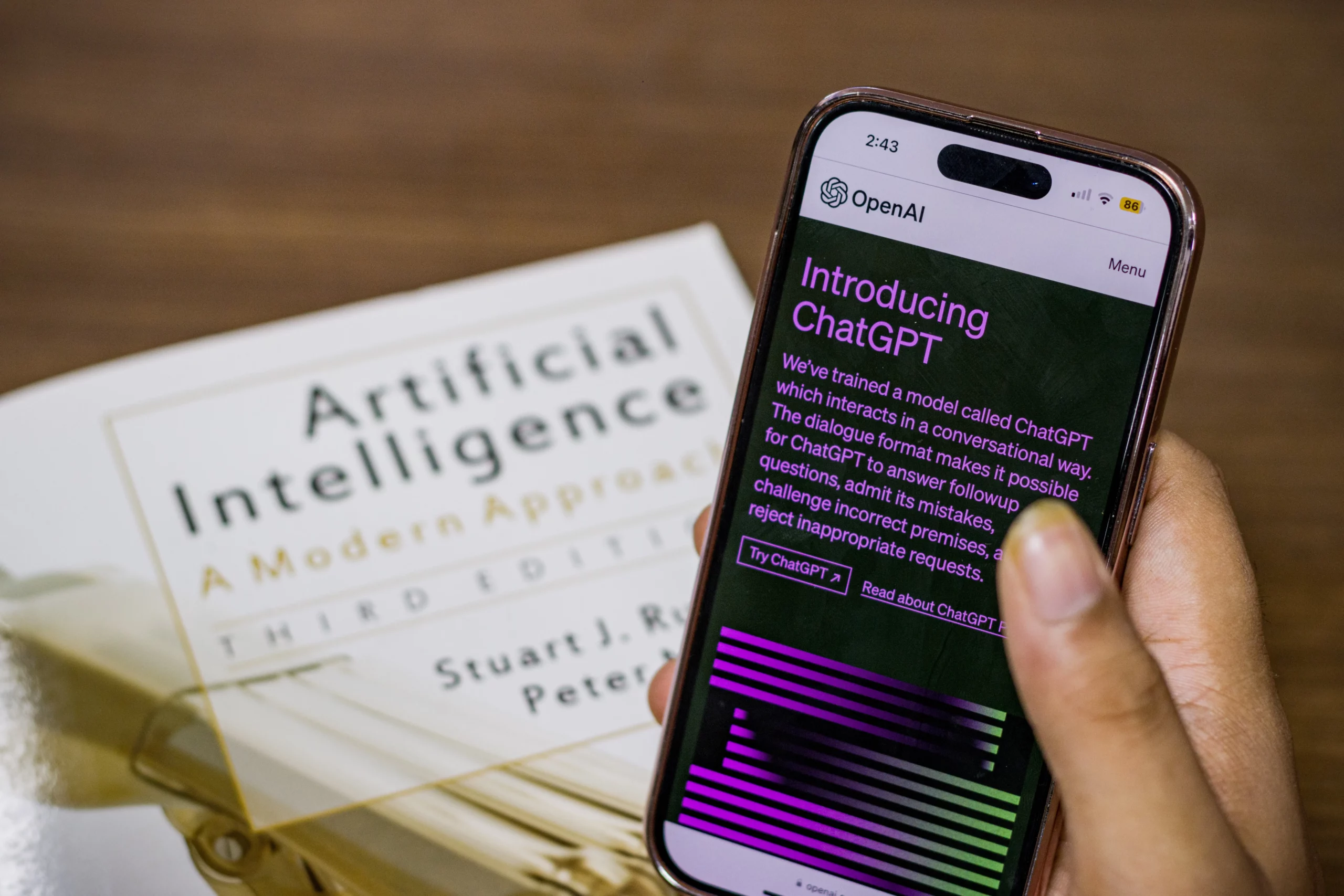
ChatGPT has emerged as a revolutionary technology. ChatGPT has transformed how we interact with AI systems with its ability to engage in human-like conversations. This article explores the capabilities of ChatGPT and its impact on various industries.
Table of Contents
- Introduction
- The Birth of ChatGPT
- Understanding the Capabilities of ChatGPT
- Natural Language Processing
- Contextual Understanding
- Generating Coherent Responses
- Applications of ChatGPT
- Customer Support
- Virtual Assistants
- Content Generation
- Limitations and Challenges
- Ethical Considerations
- The Future of ChatGPT
- Conclusion
- FAQs

The Birth of ChatGPT
In 2020, OpenAI introduced GPT-3, a powerful language model capable of generating coherent text based on prompts. Building upon the success of GPT-3, OpenAI developed ChatGPT. It is a model designed explicitly for conversational interactions. ChatGPT was trained on vast internet text. It helped to enable ChatGPT to understand and generate human-like responses casually.
Understanding the Capabilities of ChatGPT
Natural Language Processing (NLP)
Natural Language Processing (NLP) is a subfield of artificial intelligence. It focuses on the interaction between computers and human language. It involves processing and analysing the structure and meaning of language. It allows the model to generate contextually relevant responses.
Contextual Understanding
Contextual understanding is a crucial aspect of ChatGPT’s capabilities. It goes beyond analysing individual words and phrases. It considers the entire conversation’s context. This contextual understanding helps create a conversation flow that feels more natural and human-like.
Generating Coherent Responses
Generating responses in ChatGPT involves predicting the most probable next word or phrase based on the context provided. This prediction is made using vast knowledge and language patterns learned during training. By considering the input prompt and leveraging its training data, ChatGPT generates coherent and contextually appropriate responses. It has demonstrated remarkable proficiency in developing human-like text.

Applications of ChatGPT
Customer Support
In the realm of customer support, ChatGPT has become a valuable tool for businesses. By integrating ChatGPT into their customer support systems, companies can:
- Automate responses to common queries
- Provide instant assistance
- Offer personalised recommendations
ChatGPT’s ability to handle a wide range of customer inquiries help improve response times. It also helps reduce the workload on human support agents and enhance the overall customer experience.
Virtual Assistants
With its conversational abilities, ChatGPT has become a preferred choice for virtual assistants. It can perform tasks such as setting reminders, answering questions, and providing recommendations. ChatGPT is a helpful and knowledgeable virtual companion by leveraging its extensive knowledge base and conversational skills.
Content Generation
ChatGPT’s conversational abilities have made it a powerful tool for content generation. For writers and content creators, ChatGPT can assist in the following:
- Brainstorming
- Providing relevant information
- Co-authoring pieces.
Its ability to generate conversational text allows for engaging content across multiple platforms. Content creators can streamline their writing process and enhance their output.
These elaborations provide a deeper understanding of the key points mentioned in the article. They shed light on the specific aspects and implications of ChatGPT’s capabilities and applications.

Limitations and Challenges
While ChatGPT showcases impressive capabilities, it does face some limitations. It highlights the importance of critical evaluation when utilising AI-generated content.
ChatGPT is sensitive to input phrasing, meaning slight variations in the prompt can result in different responses. OpenAI is actively working on improving these limitations. It is crucial to be aware of them and use the model cautiously in scenarios where accuracy is paramount.
Ethical Considerations
As AI technologies like ChatGPT advance, ethical considerations become increasingly significant. OpenAI has implemented safety mitigations to prevent the malicious use of ChatGPT. However, concerns regarding privacy, data security, and potential misuse of AI still exist.
Ethical guidelines and regulatory frameworks are essential to ensure conversational AI systems’ responsible and beneficial deployment. These guidelines should address data privacy, algorithmic bias, transparency, and accountability. By prioritising ethical considerations, we can ensure that AI technologies like ChatGPT are developed and used to benefit society.

The Future of ChatGPT
ChatGPT has a lot of promise in store. While enhancing the model’s capabilities, OpenAI also addresses its limitations to refine it. As a result of the work of researchers and developers on advanced language models, we can expect our conversational interactions with machines to become increasingly similar to those with other humans.
ChatGPT is anticipated to be incorporated into various industries and sectors as it evolves, given ChatGPT’s potential to transform our interactions with artificial intelligence systems. It is clear as it can be applied to various fields, from healthcare to education and even entertainment or business operations. Through ongoing advancements and refinements, ChatGPT is balanced to shape the future of conversational AI while transforming our digital interactions.
These elaborations provide further insights into the limitations and challenges faced by ChatGPT, the ethical considerations surrounding its use, and the promising future of this technology. By understanding these aspects, we can have a more comprehensive understanding of the implications and potential of ChatGPT in various domains.
Conclusion
ChatGPT has emerged as a groundbreaking technology, revolutionising the field of conversational AI. Its ability to engage in human-like conversations, understand context, and generate coherent responses has opened up a world of possibilities. It is crucial to strike a balance between harnessing the power of AI and addressing ethical considerations to ensure a future where AI technologies benefit humanity.
FAQs
Can ChatGPT pass as a human in conversations?
Ans: ChatGPT can generate responses that resemble human conversation but may still exhibit limitations and occasional inaccuracies. Critical evaluation is essential when interacting with AI-generated content.
How is ChatGPT trained to understand context?
Ans: ChatGPT is trained on a vast corpus of internet text, allowing it to learn language patterns and nuances. It utilises this training to maintain context and generate relevant responses.
What are the potential risks of using AI like ChatGPT?
Ans: Some possible hazards include developing misleading or biased information and the potential for malicious use of AI technology. Ethical guidelines and responsible deployment are necessary to mitigate these risks.
Can ChatGPT be integrated into existing software applications?
Ans: Yes, ChatGPT can be integrated into various software applications and platforms, allowing for interactive and conversational experiences with users.
What advancements can we expect in ChatGPT’s future iterations?
Ans: Future iterations of ChatGPT will likely address its limitations, enhance its capabilities, and improve the quality of generated responses. Advancements in language models will lead to more realistic and contextually accurate conversations.

0 responses on "ChatGPT: Capabilities, Applications & Future"